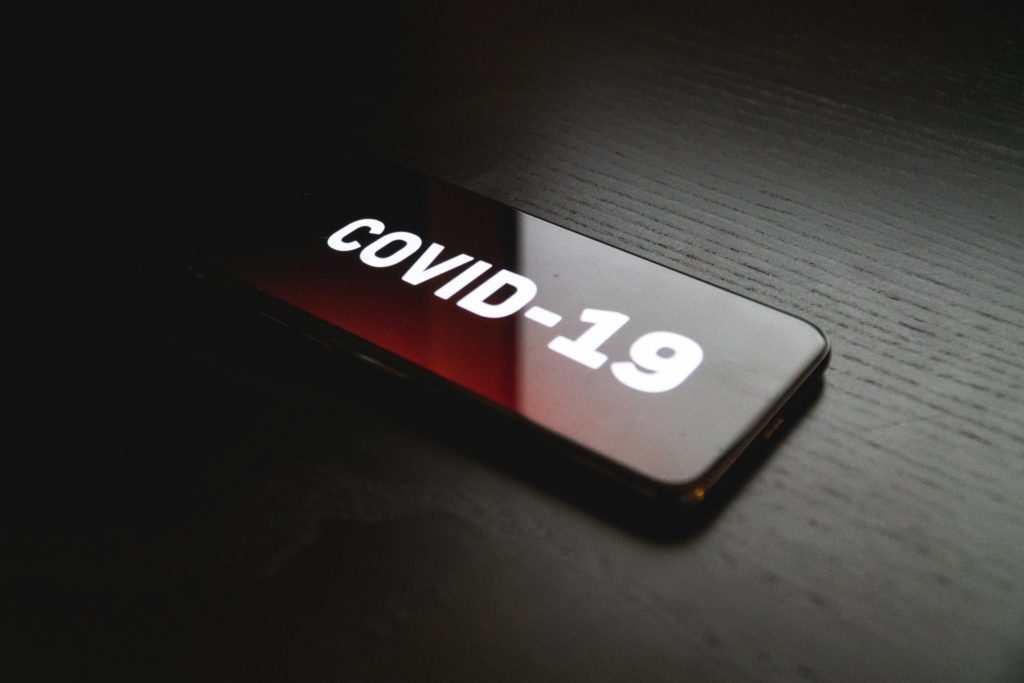Published
5 years agoon
By
Frimpong
During the partial lockdown after it was announced by the President, some individuals were confused as why the President did that, and whether hi has the powers to do that.
Moreover, there is a restriction of movement into the country thus, all borders to the country have been closed.
However, the President’s announcement of restriction is premised on law.
The Imposition of Restrictions Act, 2020 (Act 1020) was passed by Parliament, to give effect to Article 21(4)(c)(d) and (e) of the 1992 Constitution.
The Act was assented to, and gazetted on, the 21st of March, 2020. The said Article is in the following terms:
….(4) Nothing in, or done under the authority of, a law shall be held to be inconsistent with, or in contravention of, this article to the extent that the law in question makes provision
…or
(c) for the imposition of restrictions that are reasonably required in the interest of defence, public safety, public health or the running of essential services, on the movement or residence within Ghana of any person or persons generally, or any class of persons; or
(d) for the imposition of restrictions on the freedom of entry into Ghana, or of movement in Ghana, of a person who is not a citizen of Ghana; or
(e) that is reasonably required for the purpose of safeguarding the people of Ghana against the teaching or propagation of a doctrine which exhibits or encourages disrespect for the nationhood of Ghana, the national symbols and emblems, or incites hatred against other members of the community;
except so far as that provision or, as the case may be, the thing done under the authority of that law is shown not to be reasonably justifiable in terms of the spirit of this Constitution.”
The Act gives the President the power to impose the above-stated restrictions in accordance with the advice of a relevant person or body and also, subject to the enactment of an Executive Instrument (EI).
It is instructive to note that the Act fails to define who or what a relevant person or body is, leaving the determination open to the President.
The Act makes it mandatory for the Executive Instrument (EI) to include the following provisions:
(a) the specific restriction to be imposed;
(b) the duration of the restriction;
(c) the person to whom the restriction applies;
(d) the geographic area to which the restriction applies;
(e) the facts and circumstances for the provisions in paragraphs (a) to (d) and
(f) any other matter incidental to the attainment of the object of this Act.
Restrictions could be imposed under the Act in the interest of defence, public safety, public health or the running of essential services. Restrictions could also be imposed to limit movements into, and within, Ghana. Finally, restrictions could also be imposed for the purpose of safeguarding the people of Ghana against the teaching or propagation of a doctrine which exhibits or encourages disrespect for the nationhood of Ghana, the national symbols and emblems, or incites hatred against other members of the community.
The duration of an initial restriction shall not exceed three months. The President, however, has power to shorten or extend the duration of a restriction imposed under the Act.
Where the President decides to extend the duration, he shall do so for not more than one month at a time, but in any event, not more than three months in cumulative terms.
The Act imposes stiff sanctions against persons who breach the terms of a restriction imposed under the Act. Such a person commits an offence and is culpable on summary conviction to a fine of not less than one thousand penalty units and not more than five thousand penalty units; or to a term of imprisonment of not less than four years and not more than ten years or to both. A penalty unit is assessed at GHS12.00.

























